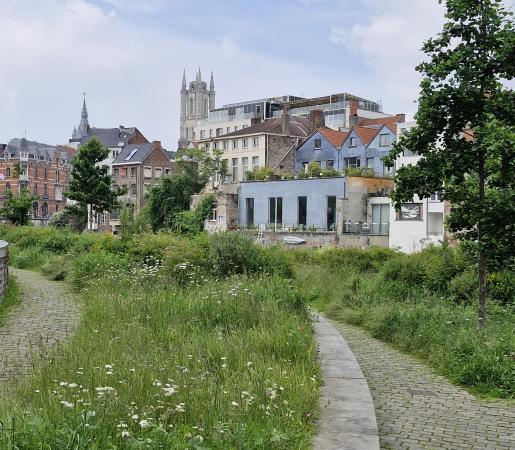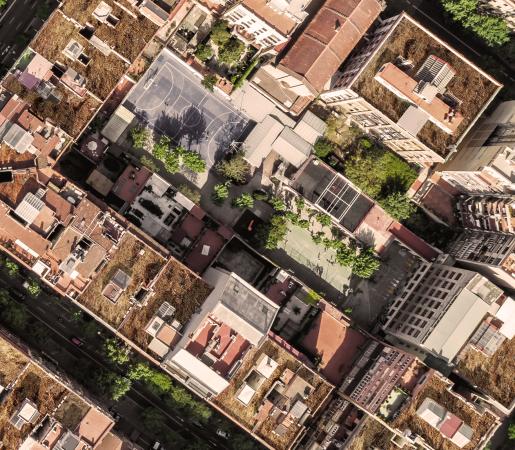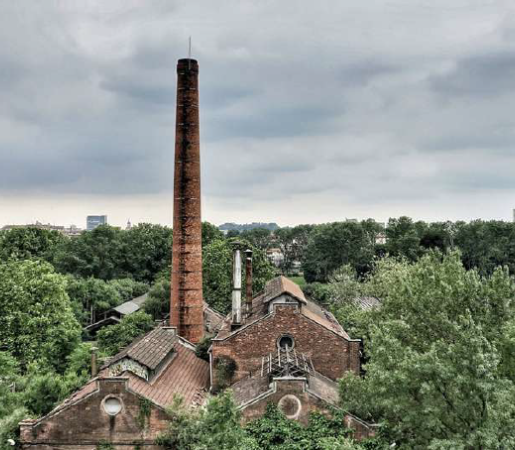
Szeged
ReGreenX - Szeged’s Choice: Mobilising Citizens to Experiment with Climate Resilient (Re)Greening Through a Collective City-Wide Mindset Shift
As a result of climate change, Szeged is increasingly threatened by desertification and drought, which could lead to the loss of much of its urban green space in the coming years. There is a need to rethink greening practices and identify and disseminate climate-sensitive plant species that can survive in changing conditions, providing a green infrastructure for the city of the future. ReGreenX provides a new and innovative model for city-level participation in climate-resilient greening, helping citizens to recognise and understand the growing threats of desertification and empower more people to adapt.
Our main challenges...
The most significant challenge facing Szeged is climate change. Recent trends indicate that the city’s climate is steadily warming and droughts are worsening. During a prolonged drought in 2024, no rainfall was recorded for a period of three months.
Desertification of urban green spaces is increasingly severe. Following current climate trends, much urban greenery is expected to be lost in the coming years. Maintaining and expanding the city's green spaces in this context is a major challenge.
Re-greening the city can only be successful by collaborating with residents – and mobilising businesses of all sizes. One challenge is to identify the most effective communication channels and techniques and engage target audiences appropriately.
and proposed solutions
Continuous monitoring, comprehensive tree inventories, the use of heat maps, and ongoing rainfall assessments – as well as a thorough needs assessment.
Sharing knowledge, fostering trust and engaging with residents and business leaders – including plant shops. This includes using targeted communication channels such as a digital garden app, involving ‘green ambassadors’, and planning with stakeholders.
Innovative techniques for choosing and planting climate-resilient species. These include the Stockholm method for integrating healthy trees and urban infrastructure in a way that improves sustainable drainage, and helps community participation.
Key figures
Milestones
The Chamber of Commerce of Csongrád-Csanád is holding sessions with businesses to discuss maintaining green spaces, focusing on costs, resource efficiency, and the impact of desertification. ReGreenX will share its goals and explore how businesses can help monitor green initiatives.
The project will create 25 green spaces across Szeged. Large Model Gardens with communication tools will launch early, while smaller Green Plots will appear over time. Both will be updated seasonally with new plants and monitored by experts and citizen scientists.
The Digital Garden Planner, like an IKEA kitchen planner for gardening, helps users design gardens, plots, or balconies. It suggests greenery suited to local climate changes, shows how plants will look in the future, and supports users in creating personalized green spaces.
To promote climate-resilient greenery, local groups and citizens can join Open Calls for free landscape design or plants/trees. About 140 green areas will be renewed. Participants completing their gardens receive plant shop vouchers, valid for a year, and give feedback on the Digital Garden Planner.
The City of Szeged will partner with local garden shops to ensure a steady supply of climate-resilient plants while supporting their market competitiveness. These agreements, valid during the project and renewable later, will list participating shops in the Digital Garden Planner. Of Szeged’s 35 shops, 25 are expected to join.
Building on insights from local plant shop partnerships and the ReGreenX change Network, the City of Szeged will explore the feasibility of creating a municipality-run garden shop or tree nursery. This will improve access to climate-resilient plants, with a business model, timeline, and steps to be defined.




